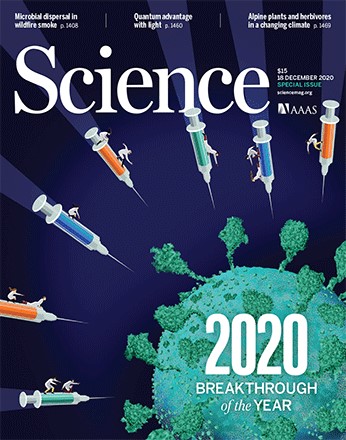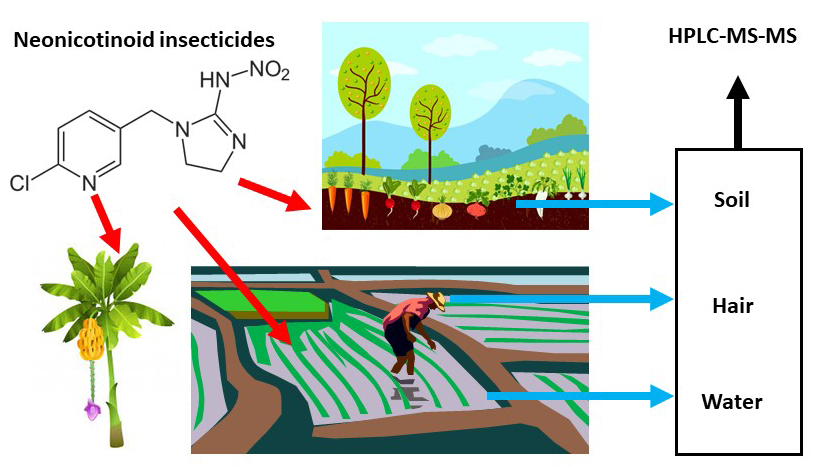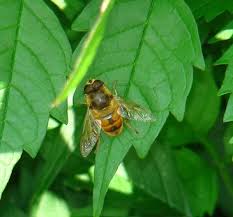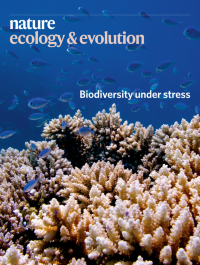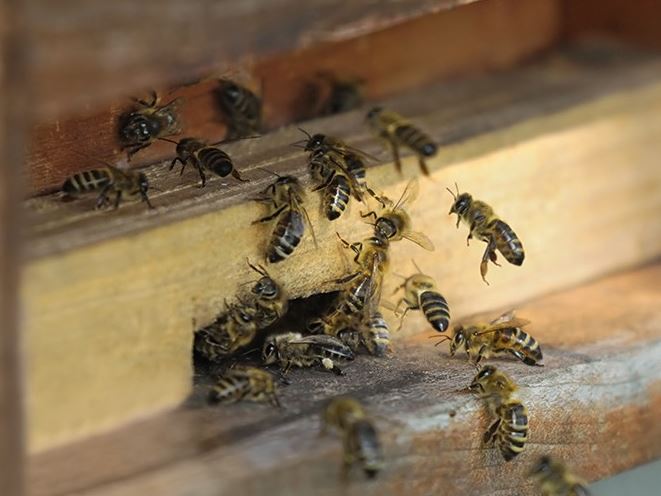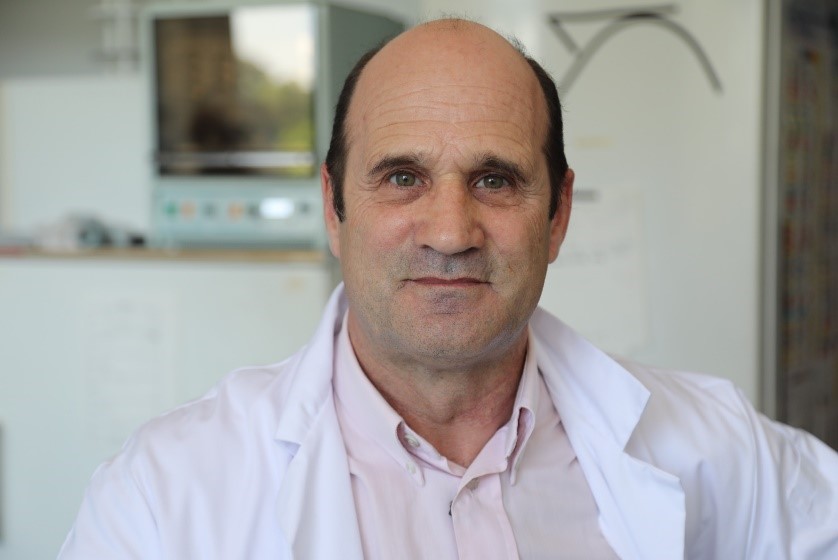A group of multidisciplinary co-authors from INRAE, CNRS and several universities (FR, BE & UK) has just published a scientific article in Science (Desquilbet et al., 2020). In the form of a ‘Technical comment’, this article identifies numerous data errors and methodological biases in a meta-analysis published in Science in April 2020 (Van Klink et al., 2020). As a result, the conclusions of Van Klink et al. on a more nuanced decline in terrestrial insects and on an increase in aquatic insects are invalidated. Our new publication reflects less the contradictory aspects of the research, than the emergence and growth of a "biodiversity scepticism". This biodiversity scepticism* must be apprehended. It minimises the impact of humans on nature (e.g. agriculture and pesticides) and is reminiscent of the climate scepticism that has caused a great deal of time to be lost in climate decision-making. J.-M. Bonmatin and his co-authors call for greater rigour in the conduct of such meta-analyses which are at the basis for stakeholders' decisions on key global issues.
Reference: Desquilbet M., Gaume L., Grippa M., Céréghino R., Humbert J.F., Bonmatin J.M., Cornillon P.A., Maes D., Van Dyck H. & Goulson D. (2020) Comment on “Meta-analysis reveals declines in terrestrial but increases in freshwater insect abundances”, Science, 370 (6523)
*See: The Conversation 2019, Nature 2020, Le Monde 2020 & Libération 2020
It is in the press: Le Monde 18/01/2021, The Conversation 28/01/2021, Le Monde 30/01/2021, Le Monde 04/02/2021 & CNRS-INEE 08/02/2021

